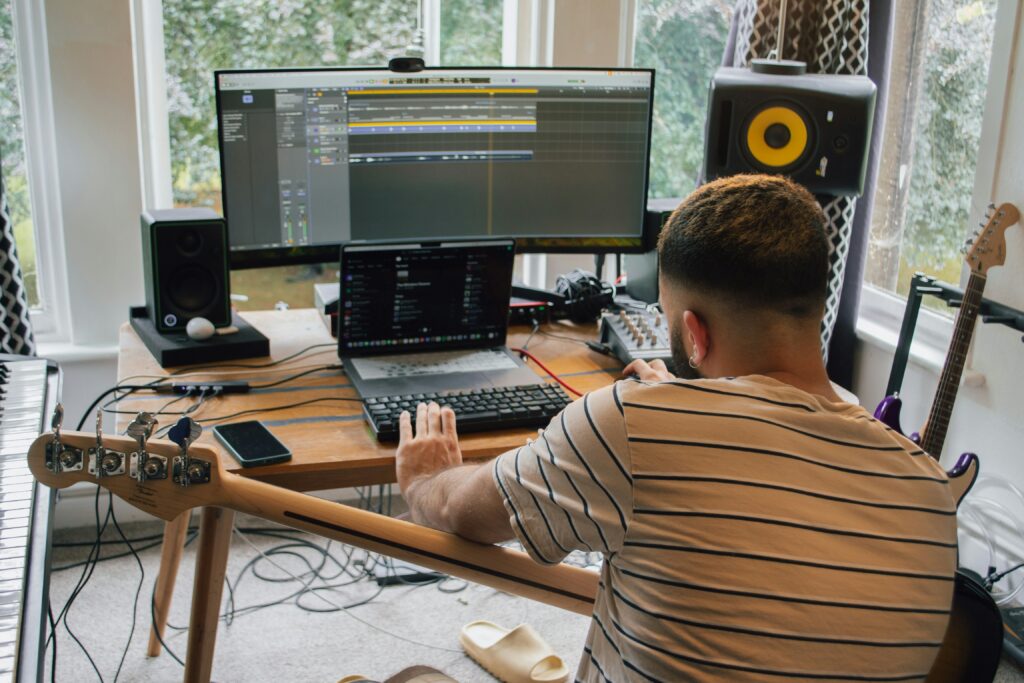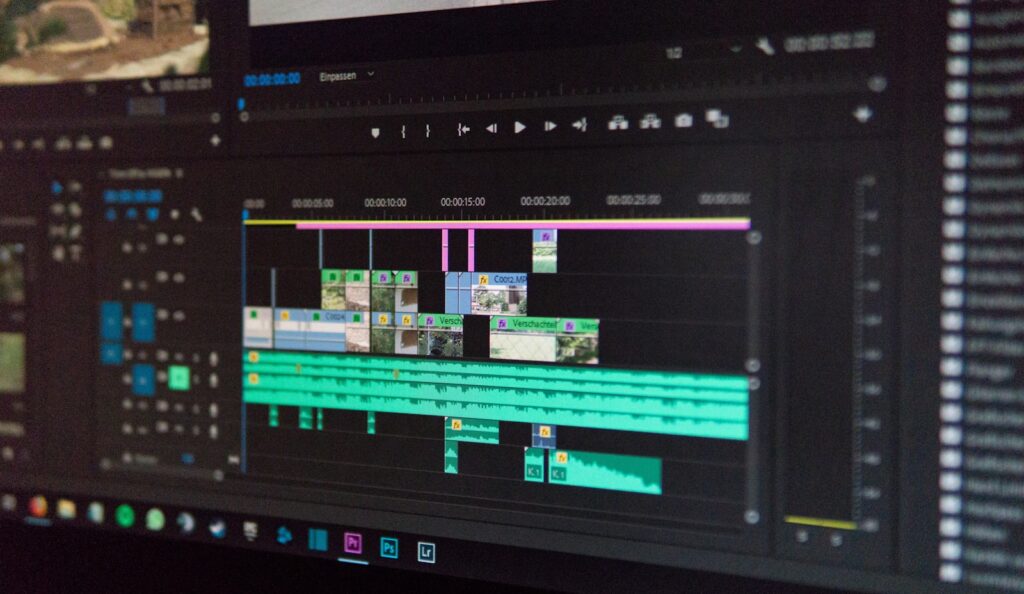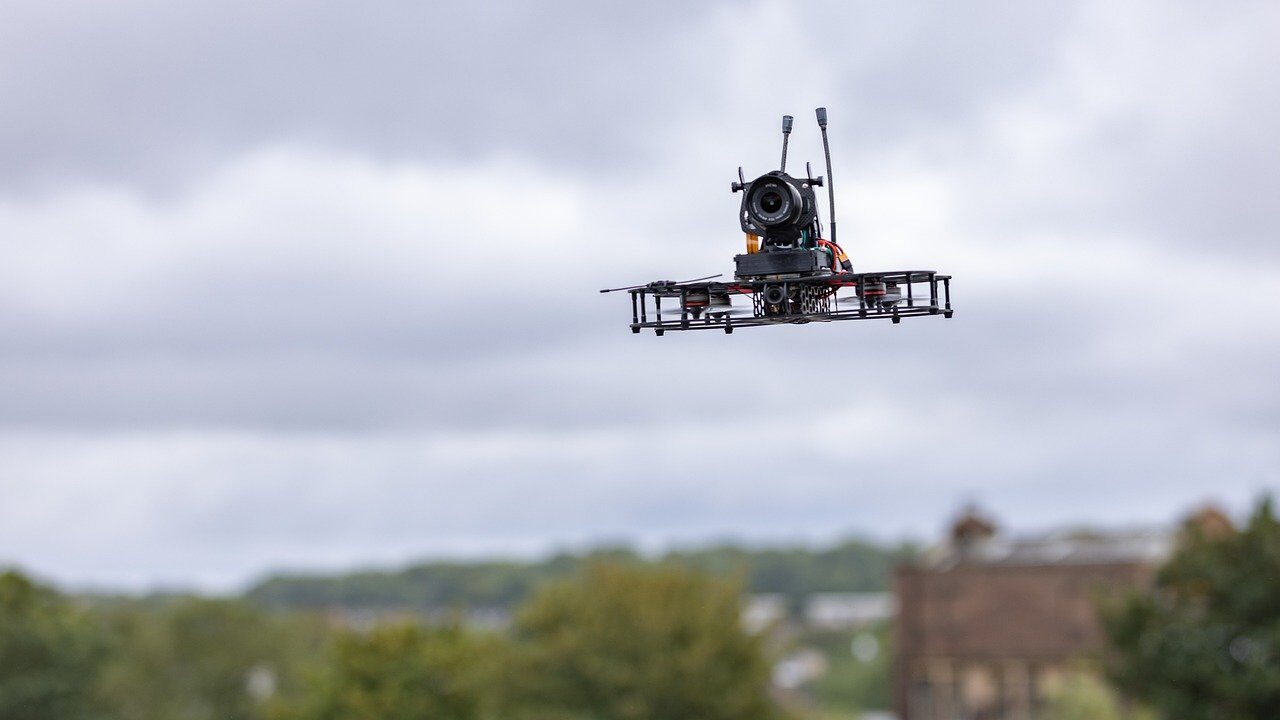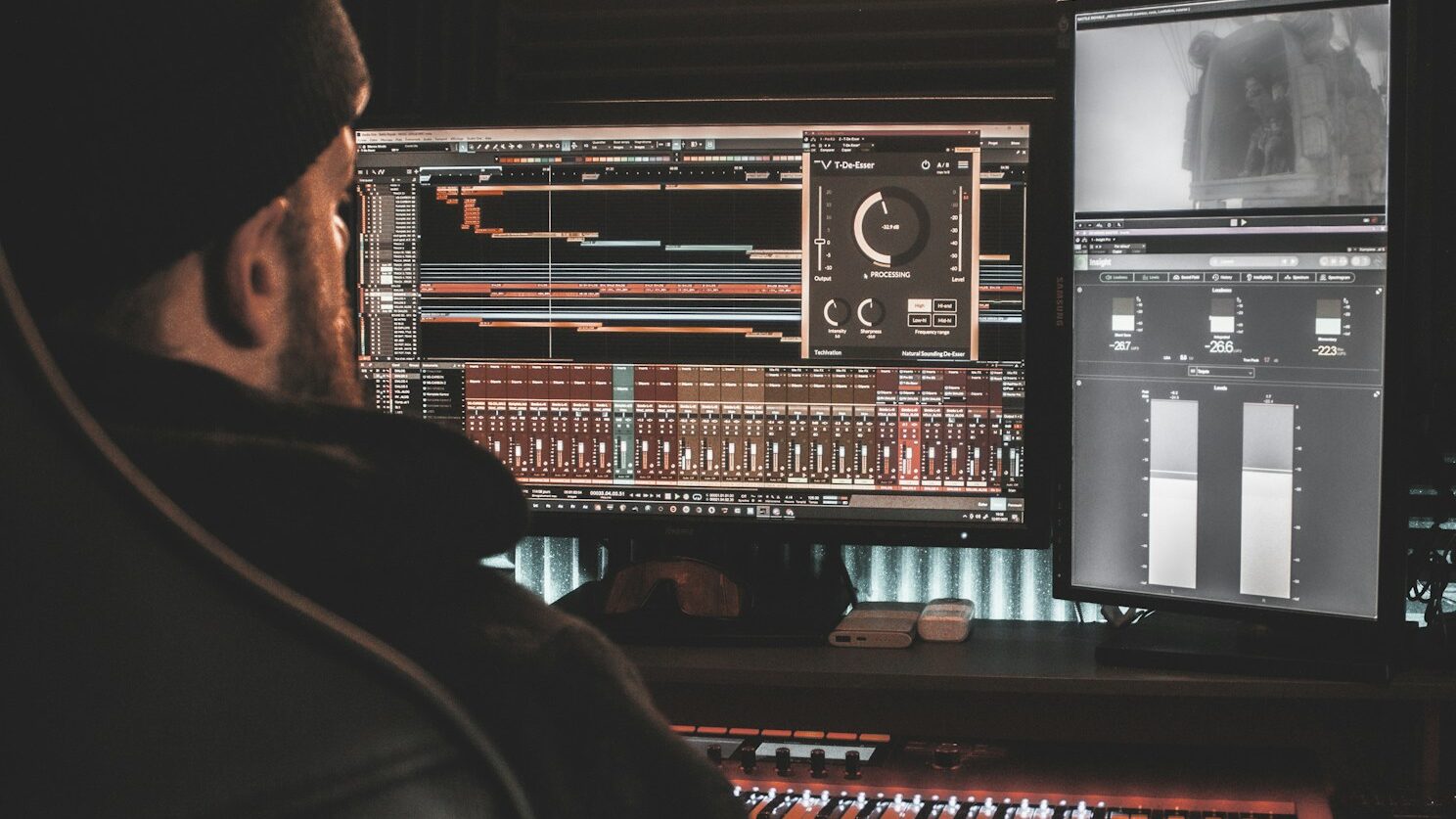Imagine you’re a filmmaker, working on a tight deadline. You’ve shot hours of footage and now need to trim it down into a perfect 5-minute video.

In the past, this would have meant long hours spent at your computer, cutting, arranging, and tweaking each clip until it’s just right. But today, with AI, the process is becoming faster, smarter, and more intuitive.
So, what does the future of video editing look like in this AI-driven world? Let’s take a walk through it.
The Rise of AI Video Editors
AI is already changing how we edit videos. Tools like Adobe Premiere Pro and Final Cut Pro have AI-powered features, like automatic scene recognition, color correction, and audio adjustments. But this is just the beginning. In the future, AI could do much more, including:
- Smart Editing Assistants: Imagine having an AI assistant that can watch your raw footage and instantly suggest the best moments to keep. It can even cut out mistakes, remove awkward pauses, or enhance the overall flow, all without much input from you. For example, let’s say you’re editing a vlog, and there’s a moment where you said something funny but forgot to add a background effect. The AI could suggest adding a fun animation or music to make the moment pop, based on the mood of the video and what’s trending.
- Auto-Creating Content: One of the most exciting possibilities is that AI might soon be able to create entire videos based on minimal input from you. Let’s say you want a 60-second promo video for your product. You could just provide the AI with a script, a few reference images, and a general idea of the style you want. The AI would then automatically edit together the video—complete with the right pacing, music, and transitions.

Personalization at Scale
Another area where AI is changing the game is personalization. Think about social media, where each person’s feed looks different. In the future, AI could edit videos tailored to individual tastes.
For example, imagine a cooking show. Instead of a one-size-fits-all video, AI could create different versions of the same video for viewers based on their preferences—some might see only the recipe steps, others might see more behind-the-scenes content, and some might even get a version with added tips for beginners.
Improved Special Effects and CGI
Special effects and CGI can take hours, even days, to perfect. But with AI, we could see faster, more affordable effects.

For instance, AI could analyze the lighting in your video and automatically suggest or add digital effects that blend seamlessly into the scene. Want to add a giant robot to your cityscape? AI could help design and place it in minutes.
In the not-so-distant future, you might even be able to talk to your editing software. Simply saying, “Add a sunset behind this scene,” could be enough for AI to make it happen. The possibilities here are endless.
AI-Powered Audio and Music Editing
We often forget that audio is just as important as the visuals. AI will play a massive role in improving sound design and music selection. In the future, AI could analyze the mood of your video and automatically match it with the perfect music or sound effects.

Imagine you’re editing a thriller movie. AI could detect the suspenseful moments and automatically add subtle background music or eerie sounds to build tension. Plus, if you don’t have the right music on hand, AI could even create custom tracks for your video.
The Human Touch Will Still Matter
While AI is making video editing faster and more efficient, it’s important to remember that the human touch will still be necessary. Editing isn’t just about cutting clips together—it’s about telling a story, capturing emotions, and creating something meaningful. AI can assist, but it’s the human creativity that will always guide the vision.
In the future, video editors might work alongside AI, using it as a powerful tool to speed up the technical side of editing, while still adding that unique personal touch to their work.
Last Words:
The future of video editing in the AI era is bright and full of possibilities. With AI making video editing faster, smarter, and more accessible, the possibilities are endless. From smart editing assistants to personalized content and advanced special effects, AI will soon be an essential tool in every video creator’s toolbox. But at the heart of it all, the artistry and creativity of the human editor will remain as important as ever.
The future of video editing isn’t just about technology—it’s about how we can use it to tell better stories, faster and more creatively than ever before.


